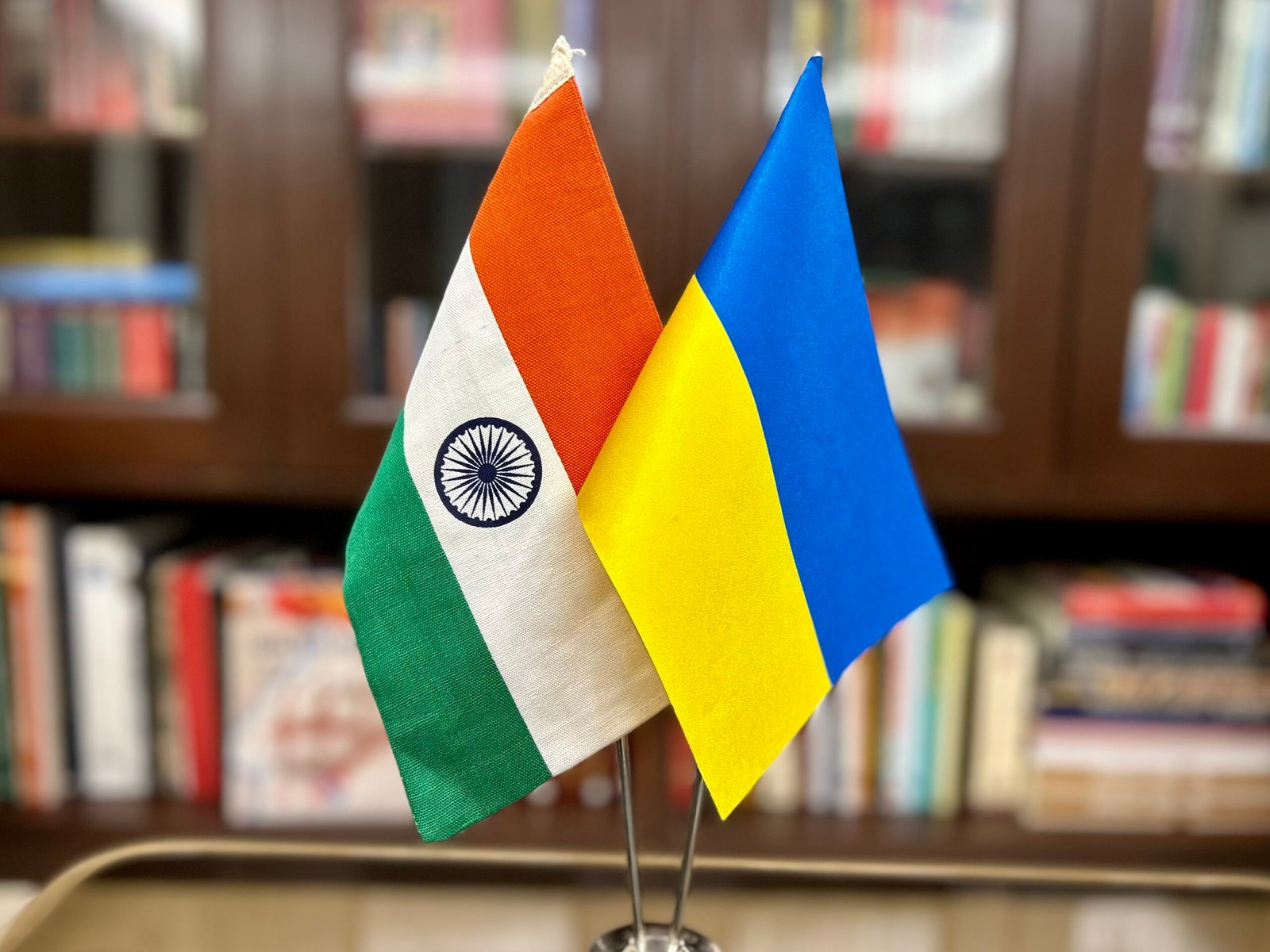Saturday, 21 February 2026

In their first joint agriculture dialogue, India and Ukraine agreed to collaborate on technology exchange, sustainable farming, and digital innovations aimed at enhancing soil health and resilience to climate change.
India and Ukraine held their first-ever Joint Working Group (JWG) meeting on agriculture via virtual mode, marking a significant step toward strengthening bilateral cooperation in farming and allied sectors. The meeting focused on enhancing collaboration in agricultural technologies, food processing, research, and farmer-centric innovations.
The session was co-chaired by Ajeet Kumar Sahu, Joint Secretary (International Cooperation), Department of Agriculture & Farmers Welfare, and Oksana Osmachko, Deputy Minister of Agrarian Policy and Food of Ukraine. Officials from both sides hailed the meeting as a milestone in bilateral agri-relations.
During the discussions, both countries shared their agricultural priorities and explored potential cooperation in areas such as climate-resilient farming, genome editing, soil fertility mapping, and digital solutions for farmers. India showcased its recent strides in farm modernisation, including key initiatives like the National Mission on Edible Oils–Oilseeds, the National Food Security Mission on Pulses, and the electronic National Agriculture Market (e-NAM). Sahu also highlighted India’s push for climate-smart practices, risk management tools, and improving credit access for smallholders.
Ukraine, meanwhile, expressed keen interest in expanding cooperation in plant breeding, mechanisation, and food processing. Deputy Minister Osmachko noted the shared agricultural heritage of both nations and stressed the value of joint innovation and knowledge sharing.
The dialogue also touched on horticulture, technology transfer, market access, and capacity building. Senior representatives from India’s Ministry of Food Processing Industries, Department of Fisheries, Animal Husbandry and Dairying, FSSAI, ICAR, and the Ministry of External Affairs participated in the session.
The two sides agreed to maintain regular dialogue and develop joint initiatives aimed at boosting productivity, improving farmer welfare, and driving innovation in agriculture.